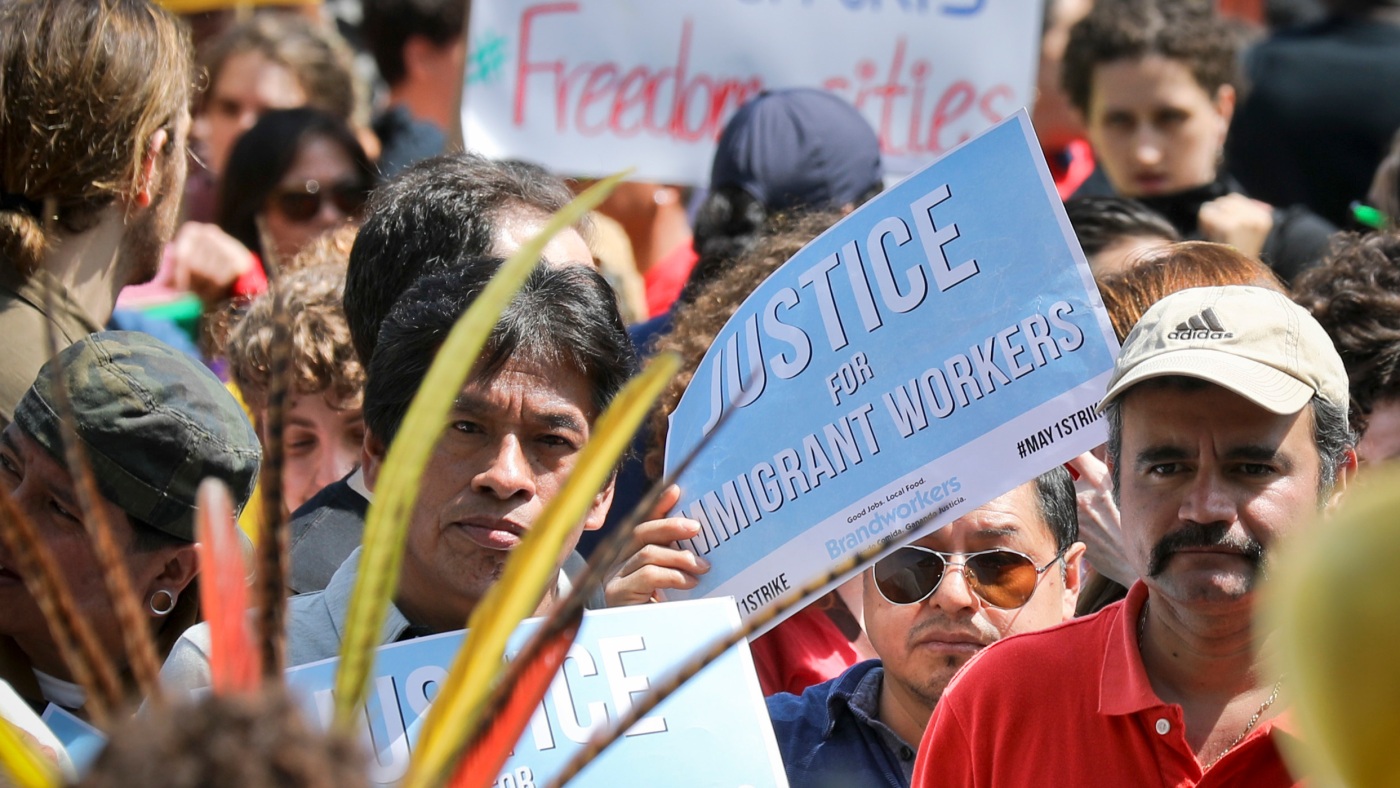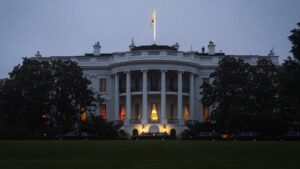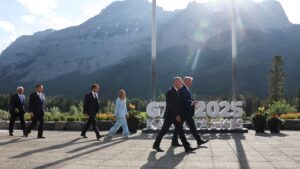Massive May Day Protests Set to Challenge U.S. Administration’s Policies
As the world marks International Labor Day on May 1, the United States is bracing for significant demonstrations. Tens of thousands are anticipated to participate in nationwide rallies on Thursday, highlighting opposition to the current administration’s policies.
Traditionally celebrated as a day for workers globally, May Day this year sees U.S. activists harnessing the momentum from recent grassroots movements. These movements criticize the administration’s actions, which include reducing federal jobs, intensifying immigration raids, and Elon Musk’s involvement in governmental downsizing.
A Stand Against Policies Affecting Workers and Immigrants
The May Day Strong movement has articulated its protest agenda, emphasizing the perceived threats to labor rights and immigrant safety posed by the administration and its billionaire supporters. “This is a war on working people,” as stated on the May Day Strong events web page. The movement accuses the administration of undermining unions, privatizing public services, and instilling fear among immigrant families.
Despite requests for comment, the White House has yet to respond.
The Historical Context of May Day in the U.S.
While the U.S. has long resisted officially recognizing May Day, American workers have commemorated it since the 19th century, beginning with demands for an eight-hour workday. The historic Chicago strike in 1886, known as the Haymarket Affair, played a pivotal role in this tradition. The Pullman railroad strike of 1894 further solidified May Day’s significance as federal troops intervened to end the work stoppage.
Attempts to distance May Day from labor movements have included rebranding efforts, such as President Dwight D. Eisenhower’s declaration of May 1 as “Law Day.” President Trump followed this tradition, promoting it as “Loyalty Day,” which celebrates American fidelity to individual freedoms.
Comparisons have been drawn to the massive 2006 protests against proposed immigration penalties, which saw millions rally across the nation. This year’s May Day promises to surpass previous demonstrations in scale, with over 1,000 events planned in more than 1,000 cities. Joseph McCartin, a labor history professor at Georgetown University, remarked on the movement’s unprecedented reach, suggesting it could become “the world’s most widespread May Day on record.”
This article was originally written by www.npr.org






